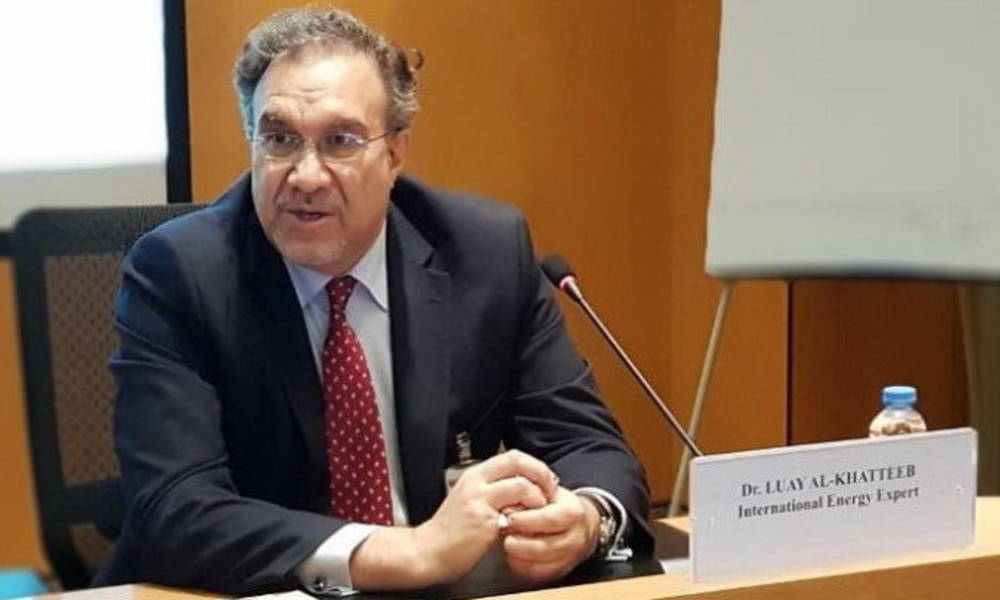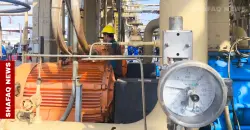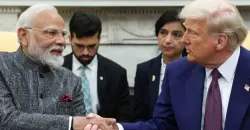Iraq’s Future Isn’t Oil, It’s Sustainable Electricity

Shafaq news/ Luay al-Khatteeb the former minister of electricity published an article in "the Foreign Policy" regarding the economic future of Iraq.
The magazine fellow considered Iraq sits on one of the world’s largest oil reserves, making it a major regional and international actor. But as the world’s economy transitions away from reliance on fossil fuels and toward more sustainable sources of power, it has become a top priority in Iraq to also transition away from its dependency on the petrodollar."
Al-Khatteeb described the actions in his 18-month tenure as Iraq’s Minister of Electricity (October 2018-May 2020), "my colleagues and I worked to initiate concrete steps to electrify Iraq’s vital energy sector in order to help stabilize the country in the aftermath of the fight against the Islamic State and guarantee its long-term status as a regional hub of energy.
"Our logic was straightforward In order to electrify Iraq’s national economy, it was imperative to work toward a power renaissance, a national development policy aimed at reversing an annual $30 billion in lost opportunity costs in the energy sector and ultimately acting as a force for greater stability and economic prosperity. In order to physically generate more power, it was also crucial to balance what was then an exceptionally unfair and unhealthy degree of competition between multinational corporations that hindered progress and delayed deliverables" He added.
Based on his experience in the energy sector, he concluded in the article some of Iraq’s power sector suffering, "The country’s complex bureaucracy often hinders progress by focusing on ineffective short-term micro-technical solutions, instead of longer-term macro-institutional reforms. There is also a chronic inability to manage raw material for fuel in tandem with other energy portfolios and the wider business value chain. The sector is susceptible to the conflicting agendas of Iraq’s wide array of political actors that undermine a unified national vision for running it, entrenching it in mismanagement, and miring it in corruption."
"In order to electrify Iraq’s national economy, it was imperative to work toward a power renaissance."
"Upon taking office in October 2018, we promptly became aware that Iraq had received a series of road maps from foreign entities that offered guidelines for electrifying the country. These included proposals from Siemens of Germany, General Electric of the United States, and various others from Chinese and regional companies. These proposals proved valuable, but the country ultimately needed an Iraqi national road map." He declared.
"An Iraqi road map needed to strike a balance between Iraq’s immediate energy requirements—namely, a reliable power supply for all Iraqis—and ambitious targets for energy independence, to be reached by 2030. We also planned to ensure that the latter would be sustainable, by moving toward management of the fuel mix with a focus on gas to power as well as generating 30 percent of the country’s power supply from renewable resources."
"Our plan also went directly to the heart of Iraq’s foreign policy. To realize our aim of electrifying the Iraqi economy and achieving sustainable energy independence, we had to delicately leverage the country’s regional relationships to create wider inter-connectivity between Iraq and other sources of electricity in the Middle East in order to reduce our dependency on Iranian electricity. Our strategy was focused on turning Iraq into an energy hub and a vibrant utility market for the region, with grid interconnectivity. Such an endeavor could make Iraq a regional energy hub for decades to come, maximizing its place in regional geopolitics."
"We successfully delivered electricity to liberated provinces (governorates) and fast-tracked the development of major projects in the middle and southern provinces. But although many of these projects were completed, they require the attention and due diligence of future governments to be maintained and expanded. In this equation, it is not only imperative for Iraq to achieve a power renaissance but also for the international community to aid it, especially considering the broader international implications." He emphasized.
"Iraq’s stability is an integral part of global security, and the international community must support efforts in Iraq to achieve energy stability in order to advance regional security. Failing to work toward this objective could jeopardize Iraq’s security and thereby upend the uneasy sense of peace that the region has generally settled into since the defeat of the Islamic State. A stable Iraq upholds the world’s energy security and, by extension, the global economy."
The former minister linked between the security situation and the energy development saying "Achieving long-term energy security in Iraq should not be exclusively Iraq’s priority; it must be part of a broader effort by the international community to secure peace and stability in the country and beyond. As the world continues to grapple with the economic fallout of the coronavirus pandemic and considers a future in which climate change is an everyday reality, helping to transform Iraq could be the first step in a wider effort to prepare the world for a new future."
Luay al-Khatteeb is a former minister of electricity and member of Iraq’s Federal Energy Council. He was previously the founding director of the Iraq Energy Institute and a fellow at the Center on Global Energy Policy at Columbia University’s School of International and Public Affairs.





